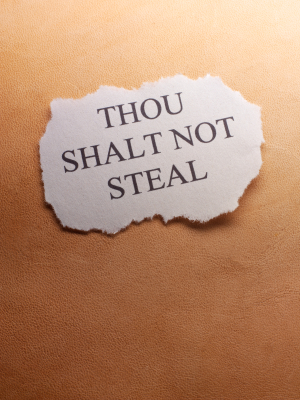In order to address the dearth of women's histories -- our stories, and voices being undocumented, under-valued, and falsely represented without reprimand -- women must begin telling their own stories. We must essentially write our way back into history.
-
-
A Letter To My Plagiarist
As National Poetry Month draws to a close, I thought it only appropriate to post this response to the plagiarist who thought they could get away with stealing my words.
-
NEW PROJECT: Interview Series Featuring LGBT Human Rights Leaders around the World
The founder of QWOC+ Boston (Spectra, www.spectraspeaks.com) is interested in interviewing LGBT POC leaders in the US and Human Rights Activists around the world as part of a new project to share leadership stories and best practices. The project launches in February, and in solidarity with Black History Month, will…

